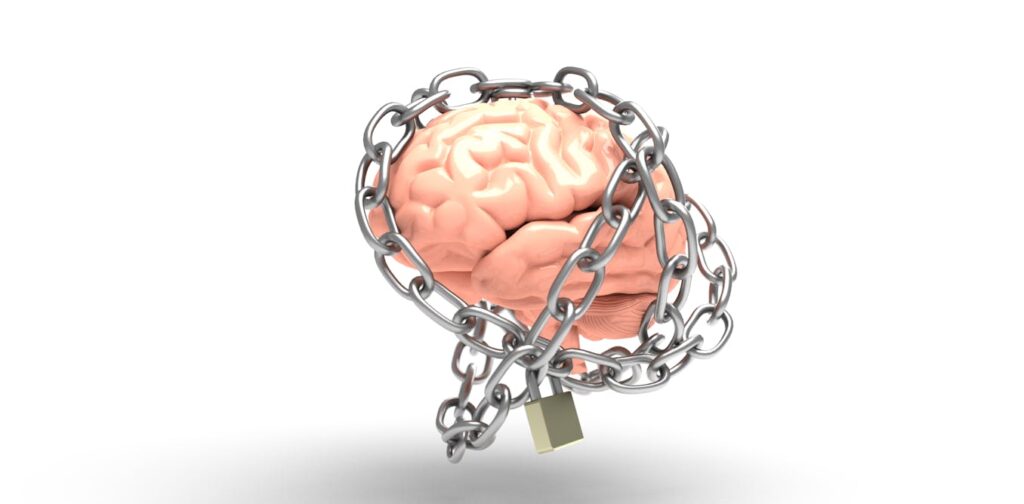Corruption comes in many forms in Ghana. Bribery, misappropriation of funds, extortion, and administrative theft remain prevalent, affecting key sectors of Ghana's economy. In the 2023 Afrobarometer survey, 77% of Ghanaians surveyed said corruption was increasing in the country.
Scholars have long studied the relationship between corruption and other aspects of life. Political scientist Daniel Treisman says that corruption of all kinds is undesirable in a democratic society because it has far-reaching negative effects on the economic life and well-being of the people. Through legal scholar Jorm Douri, we know a lot about the relationship between corruption and gender.
However, little is known about the psychological and mental health problems associated with corruption.
As psychologists, we set out to investigate the overall level and impact of perceived corruption on mental health in Ghana.
We sought to answer the question: Does the perception that wealthy people can influence state institutions and government officials for personal gain affect people's mental health? .
We found that people's perceptions of corruption negatively impact their mental health in Ghana. This was measured in increased suicide risk, anxiety, and depression symptoms. The perception that the wealthy in society can bribe and influence all state institutions and government officials was strongly associated with participants' symptoms of depression and anxiety.
study method
We collected data from 730 university students in Ghana using a questionnaire. The average age of the participants was 22 years and they were studying towards a variety of degrees.
We measured their perceptions of corruption by asking them to respond to four statements. Responses ranged from “not at all” to “strongly agree.”
-
State institutions are corrupt (public universities, hospitals, etc.).
-
Politicians and other government officials (such as MPs and ministers) are corrupt.
-
In this country, people with money and resources can influence any state institution or government official for personal gain.
-
Over the past 12 months, we have seen individuals using money or otherwise to influence or guide state institutions and officials for personal gain.
The burden on mental health of witnessing corruption
We also looked at which aspects of corruption had the greatest impact, and which aspects of mental health had the greatest impact. We found that witnessing corruption in state institutions and government officials, and the perception that the wealthy could influence these officials for personal gain, increased participants' depression and It was found to be strongly associated with anxiety symptoms.
The explanation is that when people realize that corruption is a way of life and that only a few have what it takes to live that way, they experience feelings of helplessness and hopelessness. It may mean that you feel a loss of personal free will. These feelings are associated with symptoms of depression and anxiety. However, please note that we did not control for participants' previous experience or symptoms of depression or anxiety.
Why does corruption affect mental health in Ghana?
We gave two explanations. First, witnessing corruption may reinforce negative beliefs about the harassment, uncertainty, and arbitrariness associated with corrupt acts. It may also increase people's expectations that they or their loved ones may be unfairly involved in or targeted by corruption. This may explain the relationship with symptoms of depression and anxiety.
Research by academics such as sociologist Iona van Dulzen shows that harassment and arbitrariness by people representing the state and public institutions can be stressors that increase people's levels of depression. It shows that there is.
We found that the association between witnessing corruption and mental health problems was also related to people being more likely to:
-
Remain silent to protect others or avoid getting caught, to maintain relationships
-
Report corrupt people to fire them and destroy relationships
-
Following a culture of corruption for solidarity or fear of being victimized.
These tendencies can potentially cause psychological discomfort and lead to mental health outcomes such as anxiety and depression.
Corruption means that the rules governing access to and distribution of social and material resources are dysfunctional.
There is a need to rethink the impact of perceptions of corruption and redefine it as a social determinant of public mental health.
Anyone experiencing anxiety or depression due to corruption is encouraged to consult a mental health professional or counselor for professional help.

